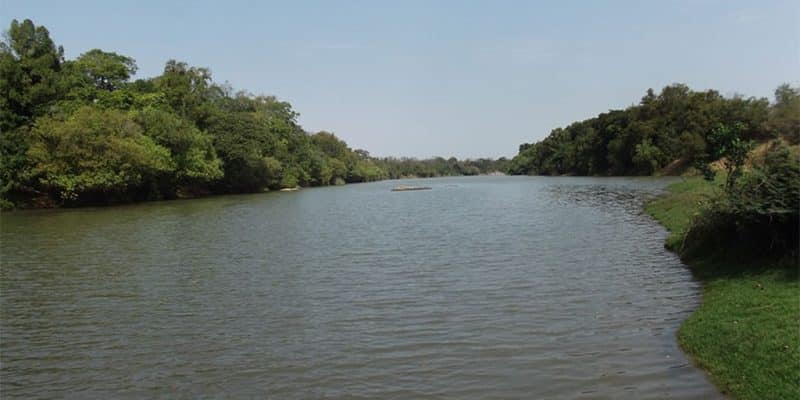In Ivory Coast, the government wants to step up monitoring of river flows, with a view to improving drinking water supply conditions for people living in rural areas. To this end, funding of €3 million was announced on 13 September 2023. The funds will be used to rehabilitate 67 hydrometric pumping stations in the West African country.
How can drinking water installations in rural areas be sized more effectively, and how can abstraction be managed more efficiently? For the government of Ivory Coast, the solution lies in monitoring the flow of watercourses. This justifies the release of 1.9 billion CFA francs (nearly 3 million euros) to implement the project to rehabilitate 67 hydrometric pumping stations. The funding was announced recently by government spokesman Amadou Coulibaly at the end of the Council of Ministers meeting held in the economic capital Abidjan.
The hydrometric pumping stations will be equipped with “high-performance” systems for collecting and processing data from the main watercourses, notably the Comoé, Cavally, Sassandra and Bandama rivers.
Amadou Coulib, spokesman for the Ivorian government, explains that this equipment will make it possible to “manage the country’s surface water resources and ensure their rational use in a context marked by shortages”. Ivory Coast aims to achieve universal access to drinking water by 2030. In 2021, the Ivorian Ministry of Hydraulics reported that 73% of Ivorians living in rural areas had access to this basic service, compared with 83% in urban areas.
Read Also –
The project will also improve drinking water supply conditions in remote areas of Ivory Coast by installing solar pumps in 21 villages. Hydrometric pumps powered by clean energy will take over in the event of power cuts. Currently, 70% of the electricity distributed in Ivory Coast is produced from gas.
Inès Magoum






